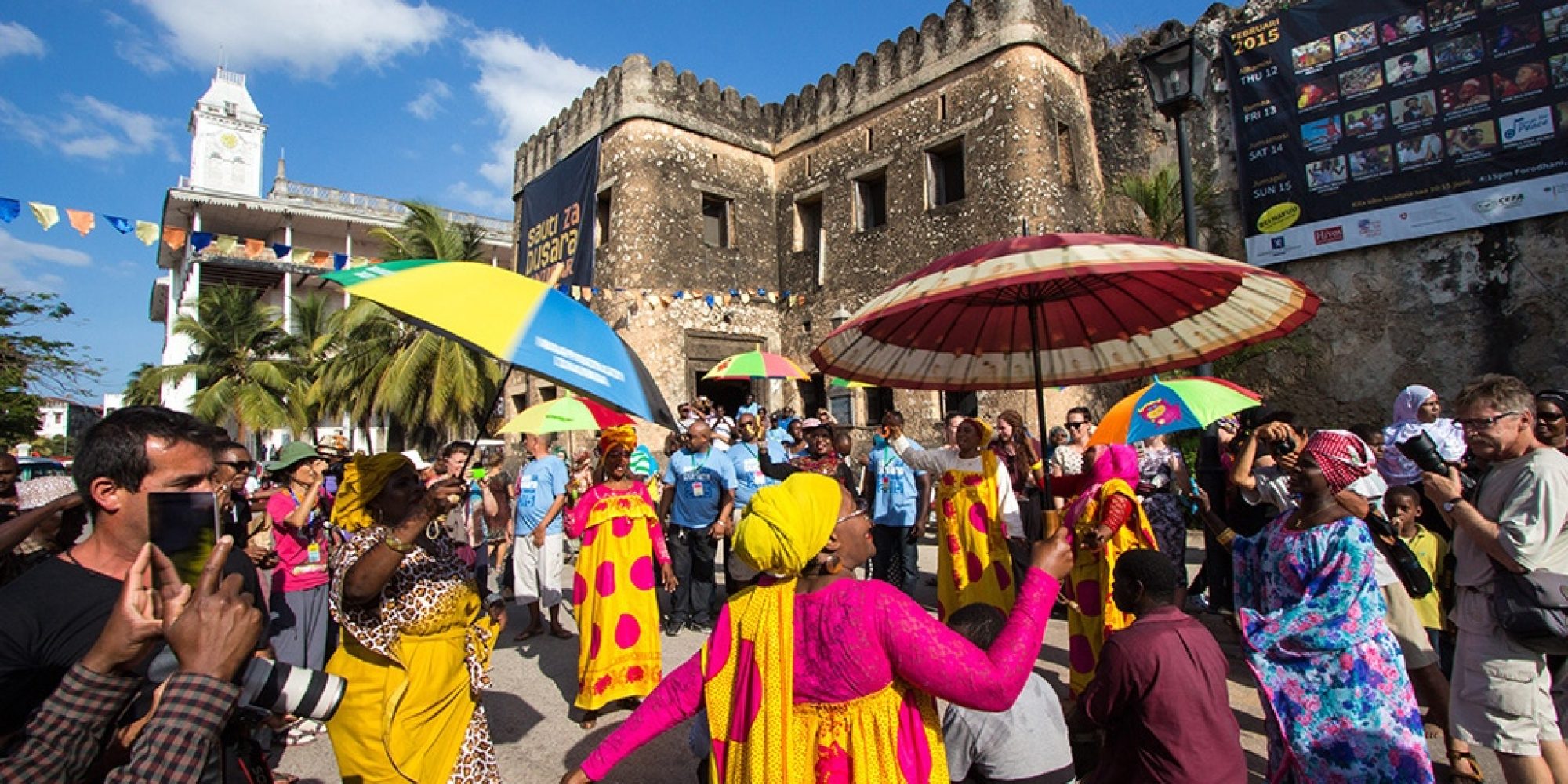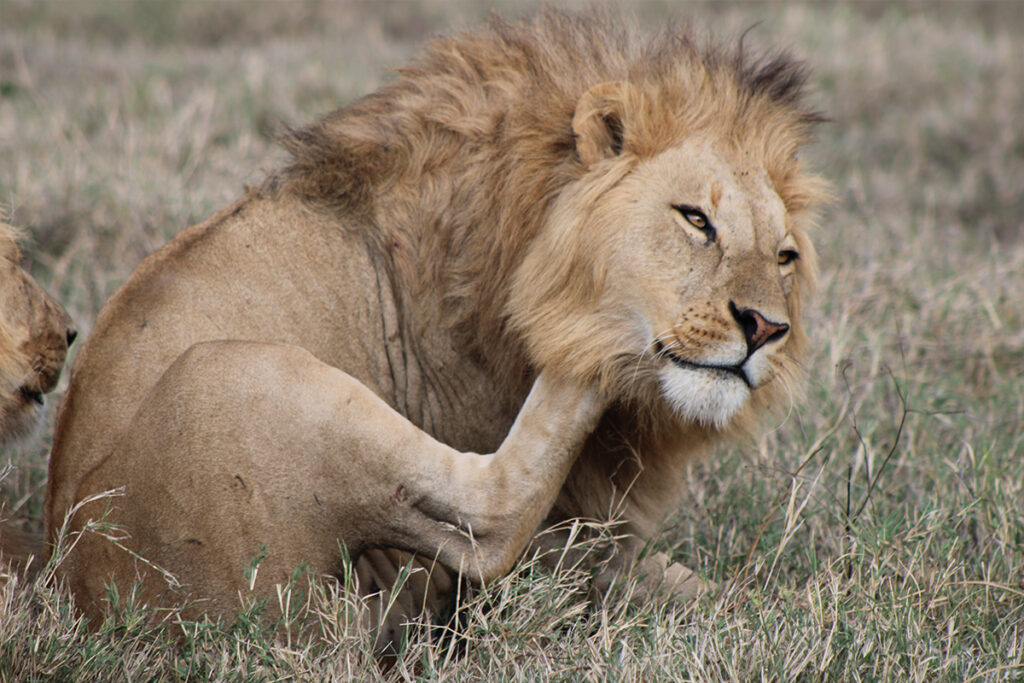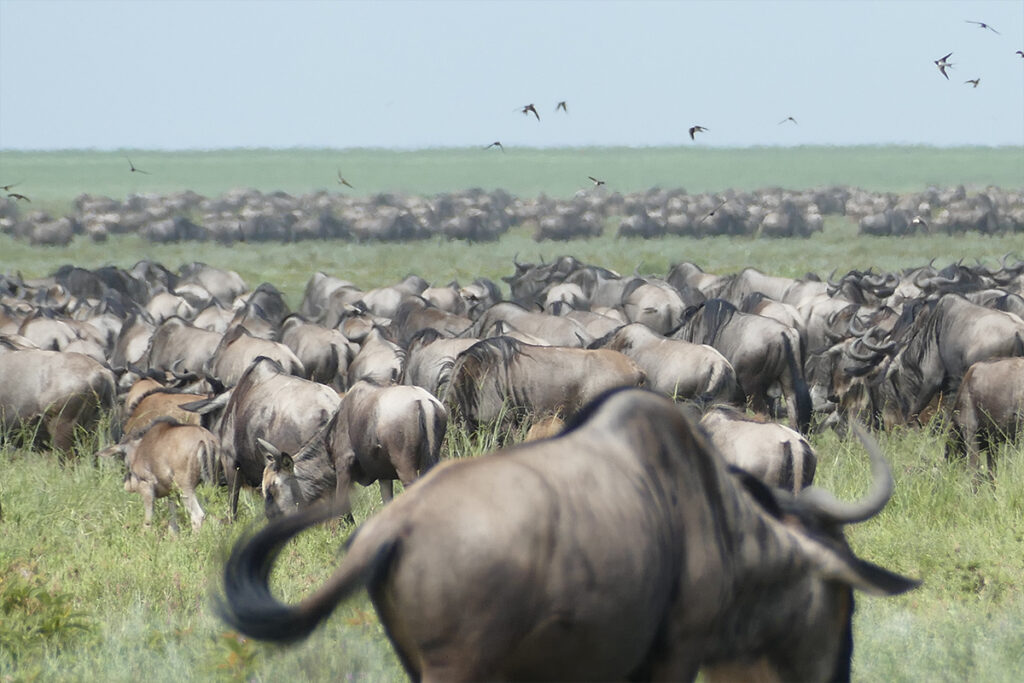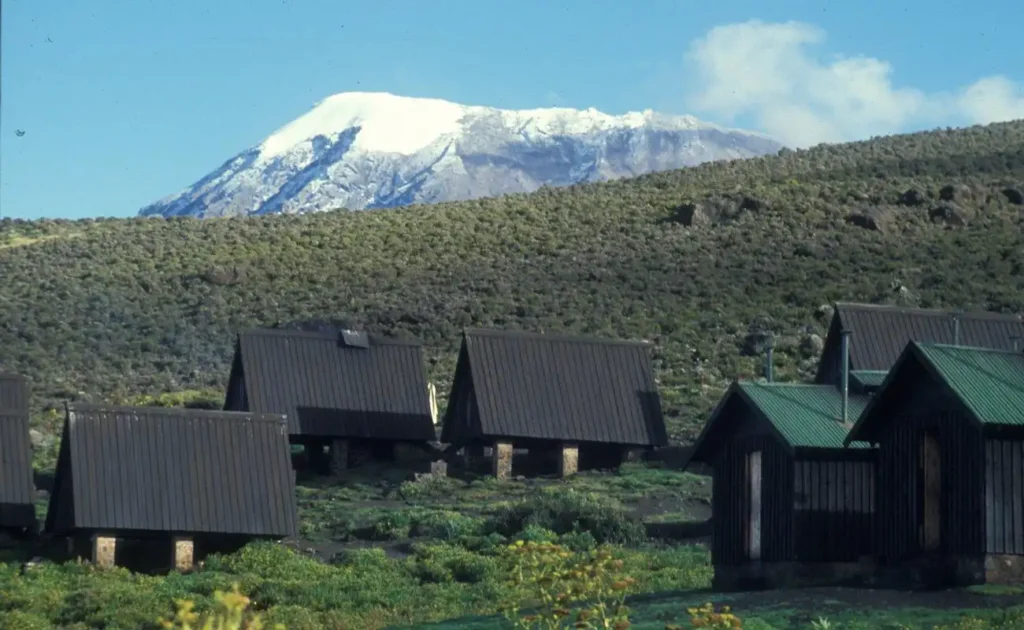How do you capture the essence of a culture in just a few days? The Sauti za Busara Music Festival in Zanzibar does just that, transforming the city into a vibrant tapestry of Tanzanian heritage. This event is not merely a festival but a profound celebration of the rich, diverse musical traditions of Tanzania.
Since its inception in 2004, Sauti za Busara has grown to become one of the most significant cultural events in East Africa. Each February, it features over 400 musicians from across the continent, drawing an audience of thousands. This festival provides a platform for Tanzanian artists to showcase their talents to a global audience, emphasizing the importance of cultural preservation and exchange.

Overview of the Sauti za Busara Music Festival
The Sauti za Busara Music Festival is a vibrant celebration of African music and culture held annually in Zanzibar. Each February, the historic Stone Town comes alive with sounds from across the continent. Artists from various African countries gather to share their music with thousands of enthusiastic attendees. This festival not only showcases diverse musical styles but also promotes cultural exchange. Here is the article that details how these exchanges unite communities.
What started in 2004 has grown into one of Africa’s most anticipated cultural events. This festival features over 400 artists, emphasizing the rich heritage of African music. The event spans four days, jam-packed with live performances and exciting workshops. These workshops offer a chance for musicians to learn new techniques and collaborate on projects. Many visitors leave inspired, eager to return another year.
A significant aspect of the festival is its commitment to authenticity. All performers are required to play live without any backing tracks. This rule ensures that the music presented is raw and genuine. The festival fosters an inclusive environment where traditional and modern sounds blend seamlessly. Attendees often discover new favorite artists and genres that they had never encountered before.
Beyond the music, Sauti za Busara plays a key role in boosting local tourism and economy. Tourists from around the world visit Zanzibar, filling hotels and restaurants. Local vendors also thrive, providing food and crafts that enhance the festival experience. According to the article, such economic benefits are vital for sustaining the island’s cultural heritage. The Sauti za Busara Music Festival, thus, stands as a beacon of African unity and creativity.
Sauti za Busara 2005 documentary (1 of 2) Zanzibar Music Festival with Bi Kidude
Significance of the festival in promoting Tanzanian culture
Sauti za Busara plays a crucial role in showcasing Tanzanian culture to a worldwide audience. The festival highlights traditional Swahili music and dance, preserving these cultural treasures for future generations. With performances from local musicians, attendees experience the true essence of Tanzanian artistry. This not only boosts local pride but also attracts tourists, enhancing cultural tourism in the region. Such exposure fosters a deeper understanding and appreciation of Tanzanian heritage.
The festival also serves as a platform for emerging Tanzanian artists to gain recognition. They perform alongside established musicians, gaining invaluable exposure and experience. This nurturing environment helps new artists improve their skills and expand their audience. Fans often discover and support these rising stars, which benefits the local music scene immensely. By investing in young talent, the festival ensures the continuation of Tanzania’s rich musical legacy.
In addition to music, the festival includes cultural workshops and events that emphasize education and interaction. Visitors can participate in hands-on activities, such as drumming and traditional dancing. These workshops provide a meaningful way to engage with Tanzanian customs and traditions. They also encourage cross-cultural exchanges, fostering a global dialogue between participants. Attendees leave with a greater appreciation for the depth and beauty of Tanzanian culture.
Apart from cultural enrichment, the festival has an economic impact on the region. Local businesses benefit from increased tourism, as visitors fill hotels, restaurants, and shops. This influx of tourists supports local craftspeople, who sell handmade items and souvenirs during the event. Communities thrive as a result, creating a sustainable cycle of cultural and economic growth. The festival not only celebrates Tanzanian culture but also contributes to its long-term prosperity.
Unveiling the Rich Musical Diversity at Sauti za Busara
Sauti za Busara is an incredible showcase of Africa’s musical wealth, offering a dynamic mix of genres. From Afrobeat and Taarab to Bongo Flava and traditional Swahili music, the festival covers a broad spectrum. These diverse sounds create a fascinating blend of old and new. Music lovers can explore everything from soulful ballads to high-energy dance numbers. This makes the festival a unique and unforgettable experience.
Performers at Sauti za Busara come from various African countries, bringing their unique styles. Artists from Mali, Senegal, South Africa, and more add to the rich tapestry of music presented. These international acts share the stage with local Tanzanian talent, showcasing collaboration across borders. Such diversity promotes unity and understanding among different cultures. Here is the article that highlights how these collaborations are essential for cultural exchange.
One of the festival’s highlights is the live performances, which captivate audiences. Musicians play a variety of instruments ranging from traditional drums to modern electric guitars. This fusion of instruments adds layers of complexity to the music. Attendees are often mesmerized by the skill and passion of the performers. The live aspect ensures that every performance is unique, resonating deeply with the audience.
The festival’s rich musical diversity is further highlighted by its lineup of workshops and activities. These sessions offer insights into different musical traditions and techniques. Participants can learn about the history and significance of various instruments. Many workshops feature interactive elements, allowing attendees to try their hand at playing music. This active engagement deepens their appreciation for the artistic diversity on display.
The Role of Sauti za Busara in Tanzanian Cultural Preservation
Sauti za Busara plays a vital role in safeguarding Tanzanian culture through its celebration of music and arts. By highlighting traditional music and dances, the festival keeps these cultural expressions alive for future generations. It provides a platform for artists who carry the knowledge of these traditions. Such efforts nurture a sense of pride and belonging among locals. As a result, Tanzanian culture continues to thrive in a rapidly changing world.
Young musicians and performers benefit greatly from participating in Sauti za Busara. They have the chance to learn from experienced artists and gain insight into their heritage. This shared knowledge helps maintain cultural practices, ensuring they are not lost. These young talents become ambassadors of Tanzanian culture, inspiring others with their passion. This cycle of learning and teaching keeps the culture vibrant and dynamic.
The festival’s dedication to preserving language is another important aspect of its mission. Many performances are in Swahili, promoting the use of the national language on an international stage. This linguistic emphasis ties the music back to its cultural roots. As Swahili spreads more widely, it fosters unity among diverse communities. The festival’s commitment to language preservation enriches Tanzania’s cultural landscape.
Local craftspeople and artisans also find support through the festival’s activities. By featuring handmade goods, these artists showcase traditional techniques passed down through generations. Many vendors sell items such as textiles, wood carvings, and jewelry that reflect Tanzanian artistry. Supporting their work encourages sustainable practices and keeps heritage alive. This focus on craftsmanship complements the musical elements of the festival.
Community involvement plays a crucial role in the festival’s impact on cultural preservation. Volunteers, sponsors, and locals come together to support and promote the event each year. Their collaborative efforts strengthen community bonds and create a supportive environment for artists. This sense of unity is central to preserving Tanzanian culture. Through Sauti za Busara, the spirit of togetherness and shared history is celebrated and sustained.
Global Impact of Sauti za Busara Festival
Sauti za Busara’s influence extends far beyond Tanzania, resonating with audiences worldwide. The festival draws international visitors, creating a platform for cultural exchange. Tourists from different countries experience Tanzanian culture firsthand, fostering global appreciation. This exposure enhances Tanzania’s reputation as a cultural hub. Consequently, the festival plays a significant role in global cultural integration.
The festival’s reach also impacts the musicians who perform. Artists gain recognition on an international stage, opening doors for global collaborations. They network with other musicians, sharing ideas and techniques that enrich their music. This global interaction leads to exciting new projects and partnerships. The ripple effect of these collaborations can be felt in music scenes around the world.
Media coverage of the festival amplifies its global impact. News outlets, bloggers, and social media influencers from various countries cover the event. Their stories and posts generate interest and draw attention to Tanzanian culture. These media channels help spread the festival’s message to a broader audience. Increased visibility has led to higher attendance and more significant international support each year.
Another crucial aspect of the festival’s global impact is its educational value. The festival’s workshops and activities educate attendees about African music and culture. Participants learn not only from Tanzanian artists but also from musicians across the continent. This exchange of knowledge enriches participants’ understanding of Africa’s diverse cultural landscape. The educational initiatives contribute to a global appreciation of African heritage.
The economic benefits the festival brings to Tanzania also have broader implications. Increased tourism boosts the local economy, creating jobs and supporting businesses. This financial support helps preserve cultural sites and sustain local artisans. As a result, the festival contributes to the global recognition and preservation of Tanzanian culture. Sauti za Busara truly exemplifies how a local event can have a far-reaching global impact.

Frequently Asked Questions
The Sauti za Busara Music Festival is a vibrant celebration of Tanzanian culture. Here are some frequently asked questions to help you understand more about this exciting event.
1. When and where is the Sauti za Busara Music Festival held?
The Sauti za Busara Music Festival takes place every February in Zanzibar, Tanzania. The main venue is the Old Fort in Stone Town, which is an iconic historical site. This setting adds a unique atmosphere to the performances, enhancing the festival experience for attendees.
Each year, the festival spans four days, attracting thousands of visitors from around the world. The event features a bustling schedule of live performances, workshops, and cultural activities. It is a fantastic opportunity to immerse yourself in African music and culture.
2. What types of music can be heard at the festival?
The Sauti za Busara Music Festival showcases a wide range of African music genres. You can enjoy traditional Swahili music as well as contemporary styles like Bongo Flava and Afrobeat. This diversity reflects the rich musical heritage of Tanzania and the wider African continent.
Artists from various African countries come to perform, bringing their unique sounds and styles. This blend of traditional and modern music creates a vibrant and eclectic atmosphere. It’s a musical journey that highlights the talents and creativity of African musicians.
3. How does the festival support Tanzanian artists?
The festival provides a significant platform for Tanzanian artists to gain international exposure. They perform alongside well-known musicians from different countries, which helps them reach a broader audience. This exposure can lead to new opportunities and collaborations for the local artists.
Additionally, the festival organizes workshops and activities that help artists develop their skills. These educational sessions cover various aspects of music and performance. By investing in the growth of Tanzanian artists, the festival contributes to the preservation and evolution of the country’s musical heritage.
4. What other activities besides music are available at the festival?
Aside from live music performances, the festival offers a variety of cultural activities. These include dance performances, drumming sessions, and art exhibitions. Attendees can participate in workshops to learn more about traditional Tanzanian arts and crafts.
There are also food vendors offering local delicacies, giving visitors a taste of Tanzanian cuisine. These activities provide a well-rounded cultural experience, allowing visitors to explore different aspects of Tanzanian culture. It’s a celebration that engages all the senses.
5. How can visitors best prepare for attending the festival?
It’s important to plan your trip in advance, including booking accommodation and flights. February is a popular time in Zanzibar, so accommodations can fill up quickly. Make sure to pack comfortable clothing and shoes, as there is a lot of walking and dancing involved.
Also, don’t forget to bring essentials like sunscreen, a hat, and reusable water bottle. Staying hydrated and protected from the sun will help you enjoy the festival to the fullest. With some preparation, you can fully immerse yourself in the vibrant atmosphere of Sauti za Busara.
SAUTI ZA BUSARA: \”ALIVE AND KICKING 2021\” HISTORIA NA YALIYOJILI KATIKA TAMASHA HILI ATHIMU DUNIANI
Concluding Reflections on Sauti za Busara Music Festival
The Sauti za Busara Music Festival stands as a beacon of cultural preservation and artistic celebration in Tanzania. By bringing together diverse sounds and voices, it highlights the country’s rich musical heritage. The festival not only boosts local and international tourism but also strengthens the global appreciation for African music.
This vibrant event continues to play a key role in fostering cultural exchange and creativity. It empowers artists and promotes Tanzanian culture to a worldwide audience. As it evolves, Sauti za Busara remains an essential platform for uniting communities and celebrating the dynamic spirit of Africa.



